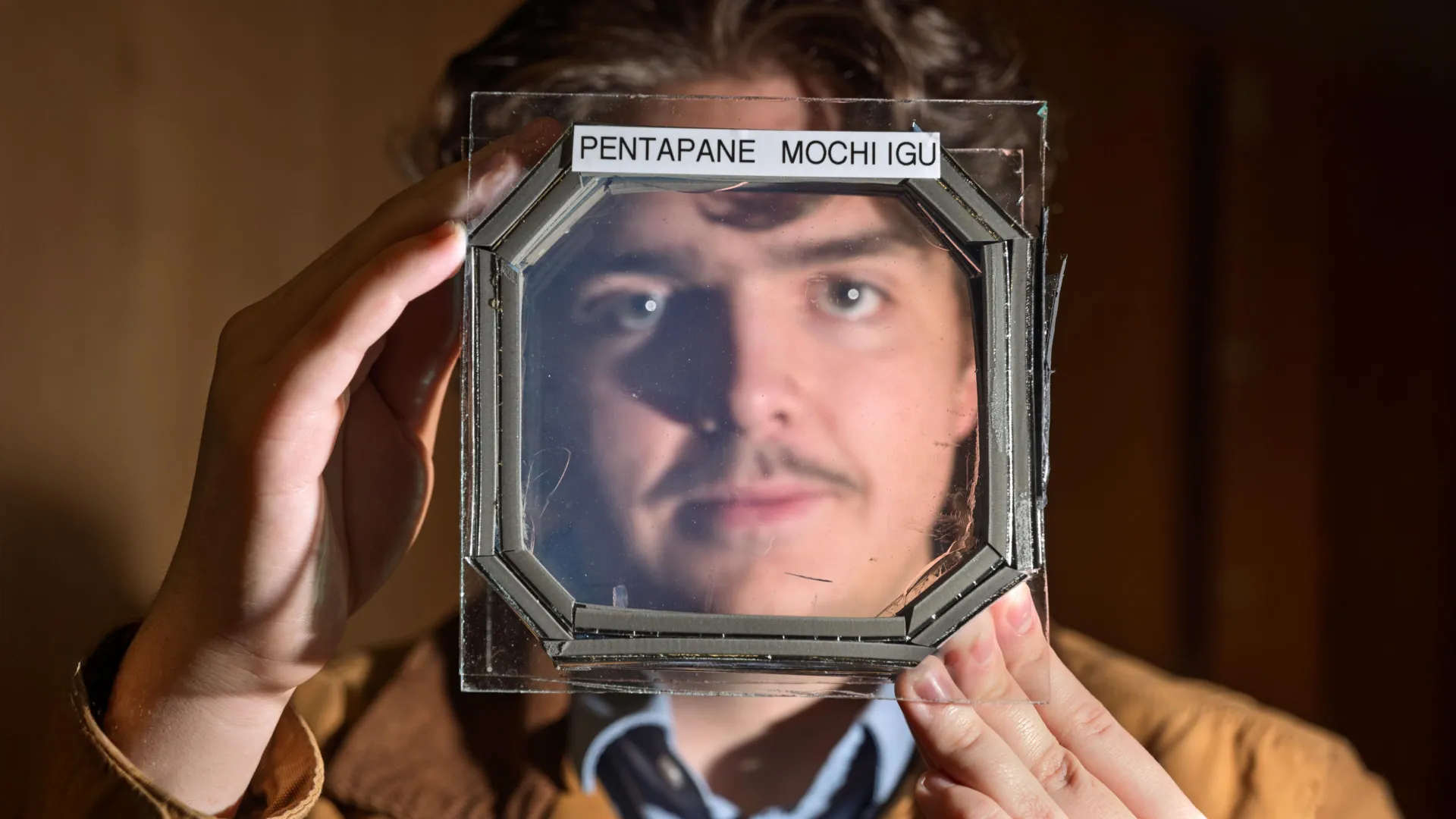Physicists at the University of Colorado Boulder have developed a new window insulation material that could significantly improve how buildings manage heat around the world. Their creation functions somewhat like a high-tech form of Bubble Wrap,…

Physicists at the University of Colorado Boulder have developed a new window insulation material that could significantly improve how buildings manage heat around the world. Their creation functions somewhat like a high-tech form of Bubble Wrap,…